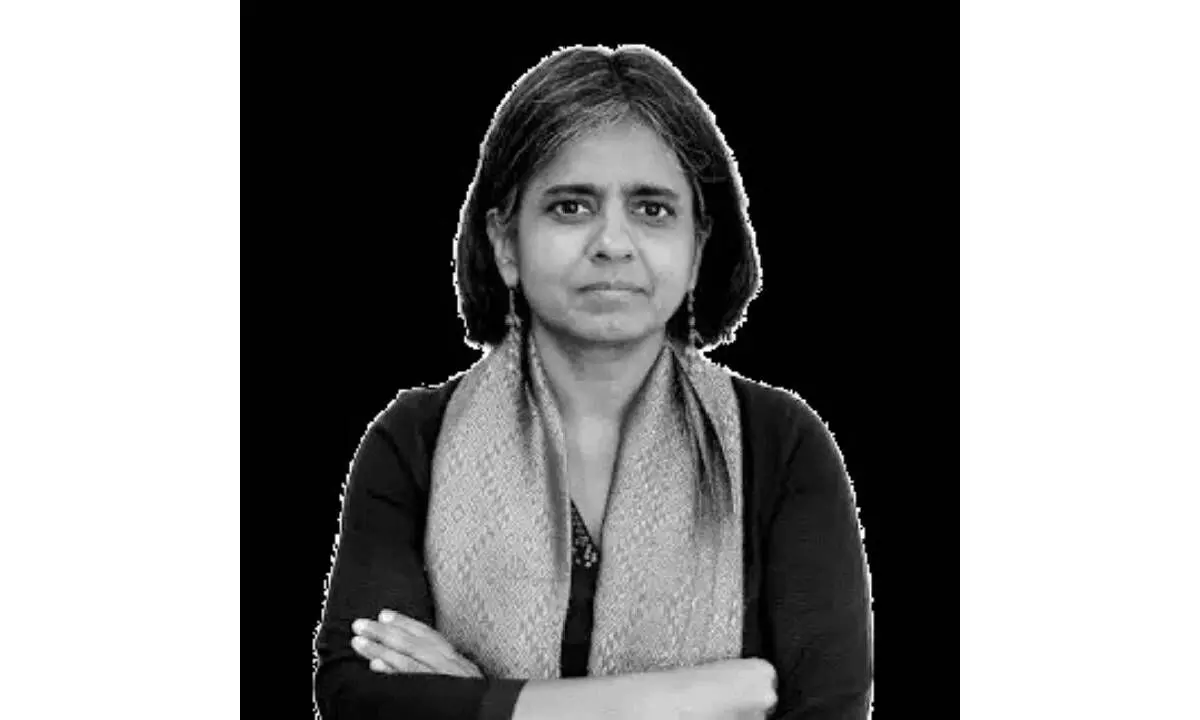‘Environment is no longer a luxury. Air is a great equaliser’
Environment is no more a luxury, and climate change is right in our faces, said noted environmentalist Sunita Narain, director general of the Centre for Science and Environment
image for illustrative purpose

Mumbai, Feb 06: Environment is no more a luxury, and climate change is right in our faces, said noted environmentalist Sunita Narain, director general of the Centre for Science and Environment.
Delivering the second annual Daryl d’Monte memorial lecture on Saturday, February 3, Narain pointed out that air is a great equaliser as rich and poor both breathe the same air. “We have to focus on clean air and drastically cut down emissions,” Narain, who also edits a fortnightly magazine Down to Earth, said.
The event, titled Remembering the Environmental Challenge, was organised by Mumbai Press Club, Mumbai Marathi Patrakar Sangh, Participatory Urban Design & Development Initiative, Sanctuary Nature Foundation and Vanashakti, apart from the family of the pioneering environmentalist D’Monte.
Author, editor and environmentalist D’Monte strived throughout his life for the cause of protecting and conserving nature.
Narain said all cities must adopt the mandate that Delhi had and speedily convert all public transport vehicles into CNG for fuel for healthy air. Also, governments should focus on developing convenient mass rapid transport and luxury electric vehicles to encourage decreased dependence on cars.
Narain said the time had come to make hard decisions as there was one extreme weather event a day now. In this context, she suggested a timeframe for switching over to electric buses.
She regretted that water resources are also being grossly neglected. The river called Yamuna in Delhi is officially declared dead as its oxygen level is reduced to zero due to the reckless flow of sewage into it, she remarked.
Focusing on development versus destruction, she stressed that infrastructure is necessary for progress. But at the same time, it must be balanced with environmental care. “This is where the governments should take local communities into confidence,” she said.
Narain also said that human excreta should be converted into fertilizer instead of being drained into water bodies.

